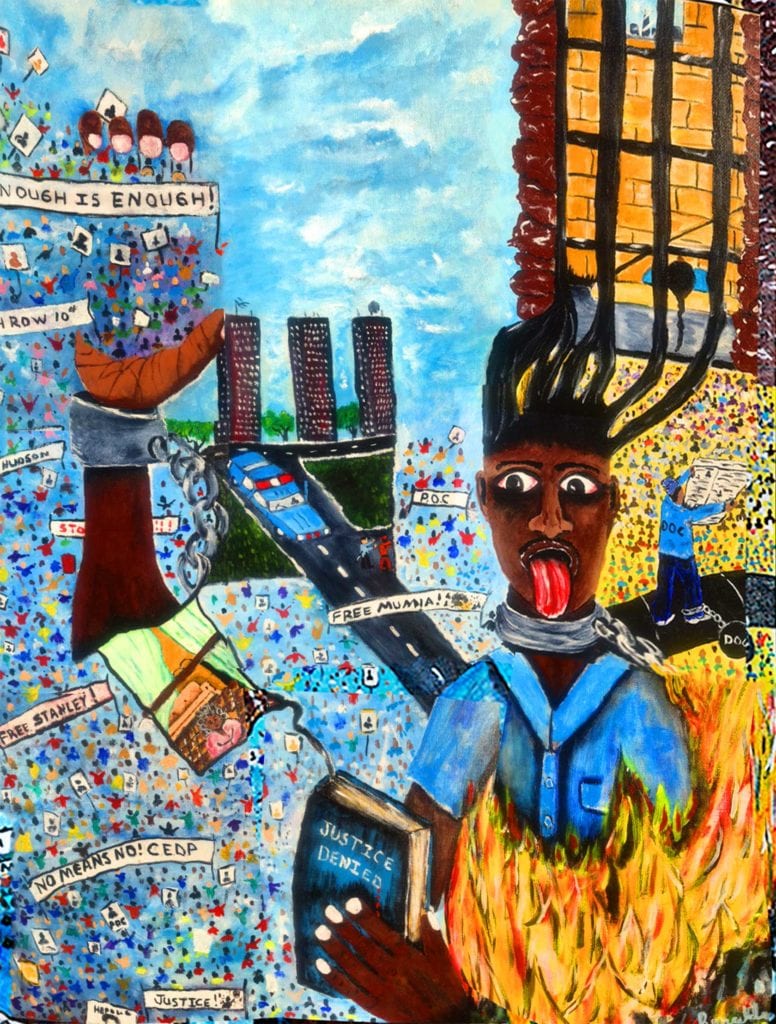
In the wake of the murder of George Floyd last May, Cerise Jacobs and her activist opera company White Snake Projects knew they wanted to contribute to the Black Lives Matter cause in a more significant way than a solidarity press release. And so they created “Death by Life,” a virtual opera delving into the stories of prisoners impacted by mass incarceration and the victimization of Black and brown people.
The stories come directly from incarcerated individuals. Working with Alice Kim, director of the Human Rights Lab at the University of Chicago, Jacobs purchased rights to writings by inmates and used that text to shape the opera. “I tried to preserve as many of those words as possible for the libretto while shaping the dramatic arc of the piece,” she says. “When you come to the show, you’ll be hearing the words of the incarcerated writers and not my words.”
The opera is split into five stories. “They represent a varied cross-section of who these individuals are and what impact mass incarceration has, and long-term incarceration,” says Jacobs. In one piece, a woman reflects on her two different families. When she entered prison, she missed her outside family and life, when she is released from prison, she misses the family she forged inside. Another story follows the mother of an inmate who is sentenced to life in prison and the emotional limbo the family experiences with one of them locked up for life.
Black artists are championed in the creation and performance of the work. Five Black composers, ranging in age from early 20s to mid-80s, composed the music to accompany the haunting libretto. “Many of the stories are by Black writers, and we know that the penal system and the so-called criminal justice system disproportionately affects Black and Brown people,” says Jacobs. “It all makes sense to amplify Black voices in this opera.”
“Death by Life” was developed using the same technology White Snake Projects debuted in its critically acclaimed virtual opera “Alice in the Pandemic” last year. The facial motion capture software translates movements by the performers onto digitally animated characters on the screen. Synchronizing technology allows multiple live performers to sing in harmony from remote locations. These techniques achieve the power of a live performance without the Zoom-call visuals of multiple singers belting out notes in their living rooms. Beyond that, White Snake Projects has harnessed the technology to place the audience in the world of an incarcerated individual.
The stories are haunting and challenging, but pity isn’t the goal of the performance. Jacobs hopes audience members will be moved not only to think of incarceration in a different way, but also to participate in changing the criminal justice system. “Mass incarceration should not be looked at as mass incarceration, because every one of them are individuals,” says Jacobs. “I want people to think deeply about the humanity in these people behind the walls.”
The opera debuts May 20 and runs for three performances May 20, 22 and 25.







